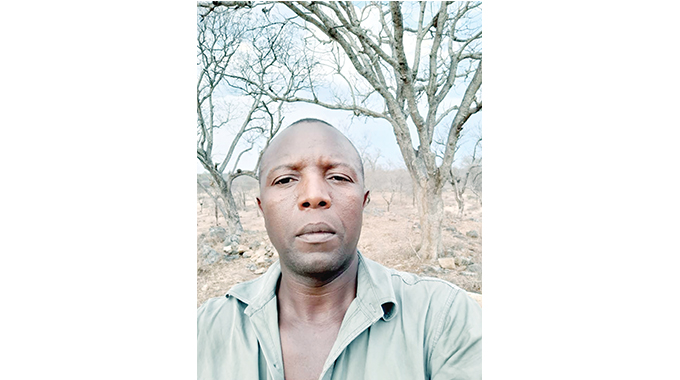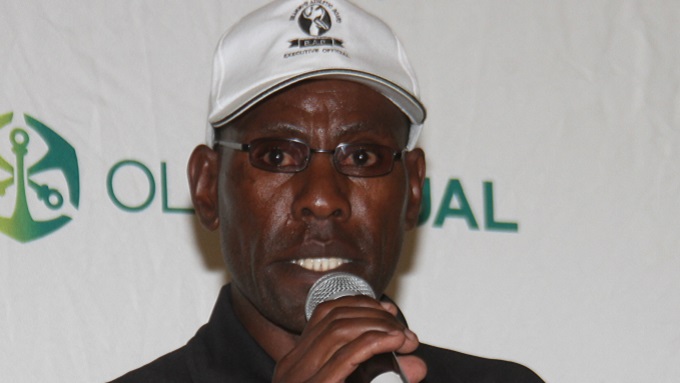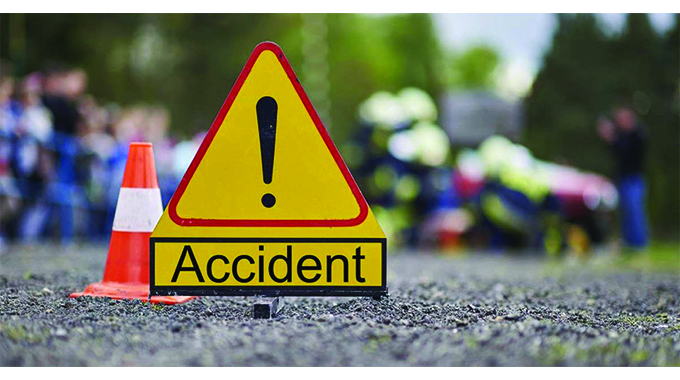Farmers stranded after public auctions closure

Sukulwenkosi Dube-Matutu, Gwanda Correspondent
LAST year at around this time, farmers in Matabeleland South Province were selling their livestock for a minimum of R15 000 per beast but this year they are parting with a beast for as little as R4 000.
This has made it difficult for them to buy stockfeed which has remained beyond the reach of many at a time when most parts of the province have run out of pastures.
Livestock farmers have mainly relied on public auctions organised by local authorities to sell their animals but because of the pandemic public auctions remain suspended.
Farmers have been forced to sale their cattle to private individuals and abattoirs for less.
They have no choice as they have to raise income to feed their families, buy commercial feed, drugs and chemicals for their animals among other things.
In an interview, Mr Thabani Sibanda, who is an A2 farmer from Mkashi area in Ward 23 Gwanda, said they were now struggling to access platforms to sell their livestock.
“We have auctions that are now being conducted at the Gwanda Show Grounds twice a month but that means looking for transport to get your animals there. Once you get to the auction and the price is very low there would be no other option but to sell as the transporter will be waiting for his money,” he said.
“It used to be better when we had public auctions within our wards as we could drive our cattle there on foot and these auctions had many buyers which improved the price. With this pandemic the demand for beef is low which has seen a drop in the price of a beast. With the prevailing drought situation farmers are forced to sell their animals even at a low cost to avoid losing them.”
Mr Sibanda said as the country received low rainfall, farmers are buying stock feed increasing their costs.
“A 50kg bag of stock feed is being sold at R280 while we are selling a beast for as little as R4 000. Last year around this time you could sell a beast for a minimum R15 000,” he said.
Mr Sibanda said last year around this time he would sell a beast and buy about 40 bags of stock feed but this year after selling a beast he can only purchase 17 bags of stock feed.
He said he has 200 cattle and more would need to be supplemented which could make it difficult for him to feed them.
Mr Maxwell Ndlovu, a communal farmer from Garanyemba area in Gwanda, said closing of borders had made it difficult to travel to South Africa to buy stock feed at a cheaper price. He said many farmers were now being forced to buy stock feed at exorbitant prices from shops in rural areas.
Mr Ndlovu said as a communal farmer he could not afford to transport his animals to Gwanda Town to sell to private players since public auctions that were held closer to them were suspended.
“This pandemic has really affected us as livestock farmers especially as communal farmers. I can’t afford to transport my animals to Gwanda Town for auctions especially considering that I can sell two or three animals at a time. Suspension of public auctions has left us stranded as we don’t have a platform to sell our animals for stock feed and livelihood. At least for the public auctions we could drive our animals on foot,” he said.
Matabeleland South acting Provincial Agricultural Officer, Mr Mkhunjulelwa Ndlovu said the prevailing pandemic had affected the welfare of livestock farmers. He said the situation was worse for communal farmers who can only sell their animals at public auctions.
He said this was a critical time for farmers to get real value for their animals as they had to buy stock feed as pastures were poor across the province.
“Demand for beef is low due to the pandemic as consumers buying power is low. The majority of customers for beef have been under lockdown such as restaurants, hotels. Other social gatherings have been suspended. If the situation goes on like this, we might record an increase in animal poverty deaths as farmers won’t be having means to supplement their animals’ feed,” he said. — @DubeMatutu.












Comments